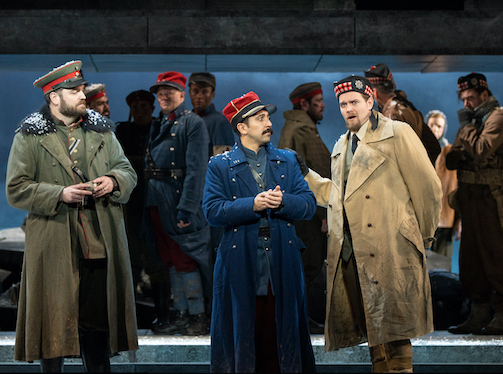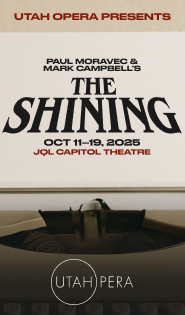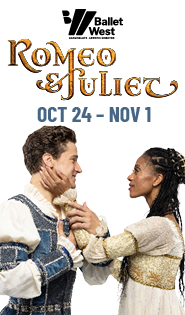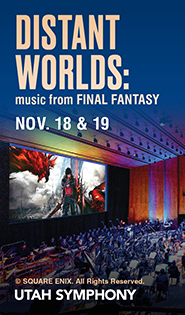Utah Opera’s triumphant “Silent Night” finds humanity in battle

Librettist Mark Campbell believes we’re living in a golden age of contemporary opera, and Utah Opera’s beautiful and powerful production of Silent Night, Campbell’s Pulitzer Prize-winning collaboration with composer Kevin Puts, is a shining example. This dramatization of the 1914 Christmas truce opened a five-performance run Saturday night at the Capitol Theatre.
Campbell’s multilingual libretto is a marvel, creating more than a dozen distinct characters and laying out a compelling argument for humanity’s innate decency — with several well-placed touches of humor — over its compact two-hour running time.
One key character is understandably embittered, and a trio of authority figures safely removed from the combat insist that the fighting must go on. Tomer Zvulun’s dynamic direction doesn’t flinch from the brutality of warfare. But for the clear majority of human beings onstage, the instinct to reach out and make connections can’t be extinguished.
Puts’ equally masterful score seamlessly integrates a multitude of styles, depending on what the dramatic situation requires: jagged, jarring battle music; soaring arias with lush orchestral accompaniment; carols and ballads that you’d swear were based on authentic folk tunes; even a witty homage to 18th-century opera. Puts’ vivid depiction of a sunrise early in the show is a miniature masterpiece, but the slow melting of distrust later in the act is just as skillfully realized. The Utah Symphony, led by Robert Tweten, gave a magnificent performance of the score on Saturday.
Most of the roles, though indelible, aren’t showy. Opera star Anna Sørensen, played to near perfection by soprano Abigail Rethwisch, is an exception: She glitters gloriously in the opera-within-the-opera, delivers a warm and heartfelt plea for peace at the battle front, and mines the profound emotions of a woman longing for a normal life. Tenor Andrew Stenson, likewise, sings with appealing lyricism when his character, Sørensen’s opera colleague Nikolaus Sprink, is in performance mode, and then reveals Sprink’s deep conflict when he is forced into uniform.
Baritone Craig Irvin is Horstmayer, the German lieutenant who emerges as the opera’s most complex and memorable character. Irvin played the role in the original production and sings it with authority here. Baritone Daniel Belcher, another Utah Opera favorite, radiates innocence and good cheer as the French barber Ponchel; tenor Jonathan Johnson plays Scottish soldier Jonathan Dale with ringing urgency; and baritone Efraín Solís movingly reveals the poetic soul of French Lt. Audebert, with bass Kevin Nakatani stern and stentorian as his father, the general. The rest of the leading roles are uniformly well-sung, and all 25 Utah Opera chorus members playing soldiers register as individuals.
Scenic design is by Erhard Rom, who also created the ingenious set for Utah Opera’s 2018 production of Moby-Dick. Here, he places the Scottish, French and German bunkers in three tiers, creating a horizontal split-screen effect that eventually gives way to an indelible final stage picture. He also makes smart use of projections, whether to augment battle scenes or to wryly enclose Anna and Nikolaus within a Christmas card for their command performance at a swanky chalet.
At certain points, the names of Utah soldiers killed in World War I scroll over the set in another sobering reminder of war’s cost. Victoria Tzykun’s handsome costume designs neatly differentiate the various armies.
Whether you think all the good operas have already been written or consider the art form a museum piece with no relevance to your 21st-century life, you owe it to yourself to check out Silent Night.
Utah Opera’s production of Silent Night plays Jan. 18–26 at the Capitol Theatre. utahopera.org; 801-355-2787.


